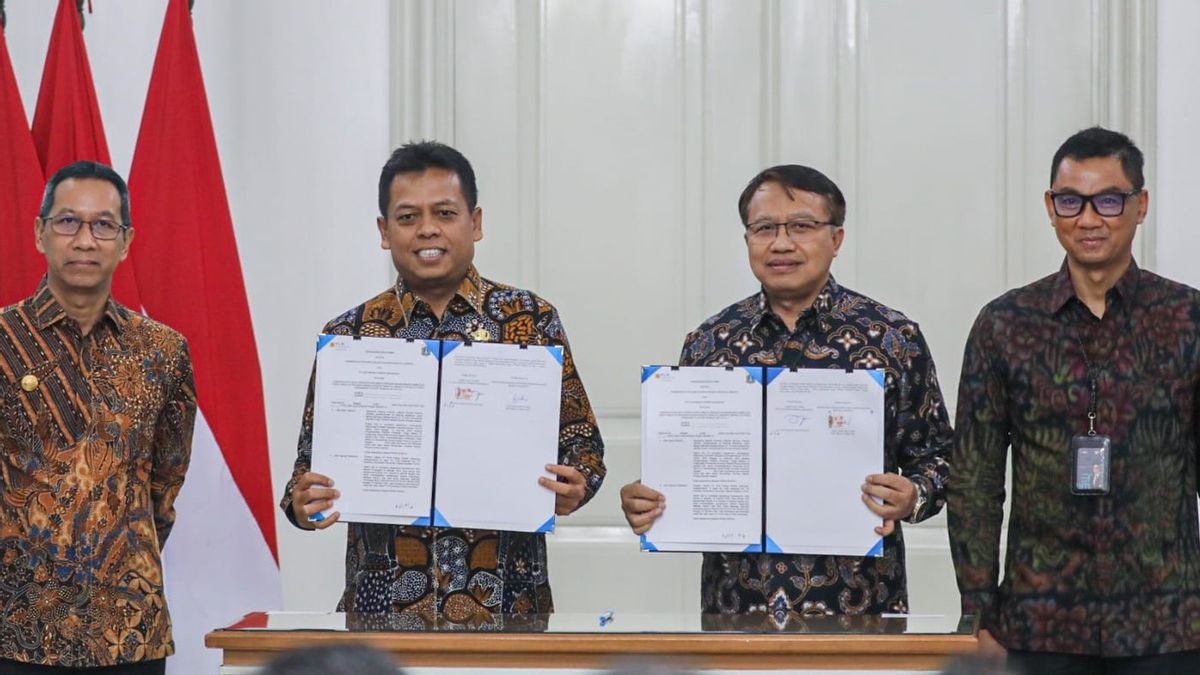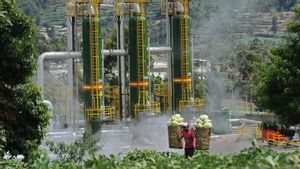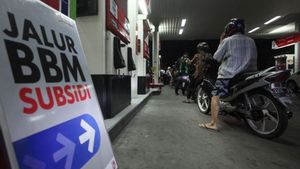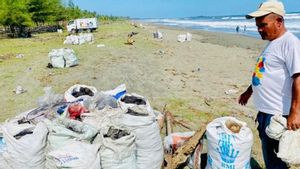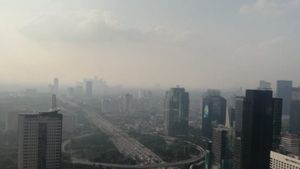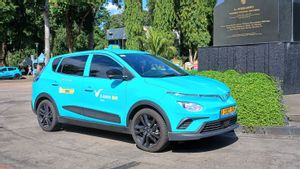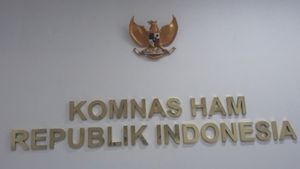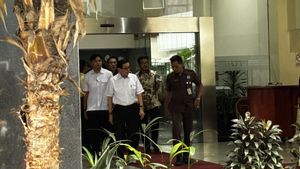JAKARTA - The DKI Jakarta Provincial Government and PT PLN (Persero) have signed cooperation in utilizing new and renewable energy. In this case, PLN will purchase the proceeds from waste processing into solid jumputan fuel (BBJP) belonging to the DKI Provincial Government.
BBJP is processed from a waste processing system similar to the referenced derivative fuel (RDF) plant. BBJP produced from processed Jakarta waste will be used for co-firing of steam power plants (PLTU) by PLN.
Acting Governor of DKI Jakarta Heru Budi Hartono said that this collaboration was motivated by the problem of waste in DKI Jakarta which reached more than 7,500 tons per day.
"Hopefully this collaboration with PLN can slowly help overcome environmental problems through RDF. We realize that it is necessary to change the pattern of waste management, from collecting and unloading patterns to utilizing waste as a resource," said Heru at DKI Jakarta City Hall, Thursday, June 8.
In this collaboration, PT PLN (Persero) expressed its willingness to become offtaker of waste processing to BBJP at waste processing stations in Jakarta and support the construction of waste treatment facilities to process waste into BBJP.
"In principle, we want to ensure that the life of future generations is even better. One of the things that is currently being done is to overcome global warming or greenhouse effects through the energy transition from fossil to renewable energy. BBJP is part of renewable energy due to zero emissions. So, BBJP can be one solution," said PT PLN President Director Darmawan Prasodjo.
For information, BBJP is fuel originating from waste that has gone through the sorting and homogenization process into small grain sizes or formed into pellets that can be used as a substitute for fossil fuels. Furthermore, this BBJP will be used for co-firing biomass at PLTU.
SEE ALSO:
Co-firing is a burning process at PLTU using coal and a mixture of biomass fuel at the same time as a certain ratio. That way, the fuel needed by PLTU will be more economical and environmentally friendly because it mixes coal with BBJP.
In addition to building and operating waste processing facilities into BBJP in cities with PT PLN off takers as fuel for power plants, the DKI Jakarta Provincial Government has also operated waste processing facilities into RDFs at the RDF Plant Bantargebang Facility with a capacity of 2,000 tons of waste per day with an off taker of cement factories.
The English, Chinese, Japanese, Arabic, and French versions are automatically generated by the AI. So there may still be inaccuracies in translating, please always see Indonesian as our main language. (system supported by DigitalSiber.id)
